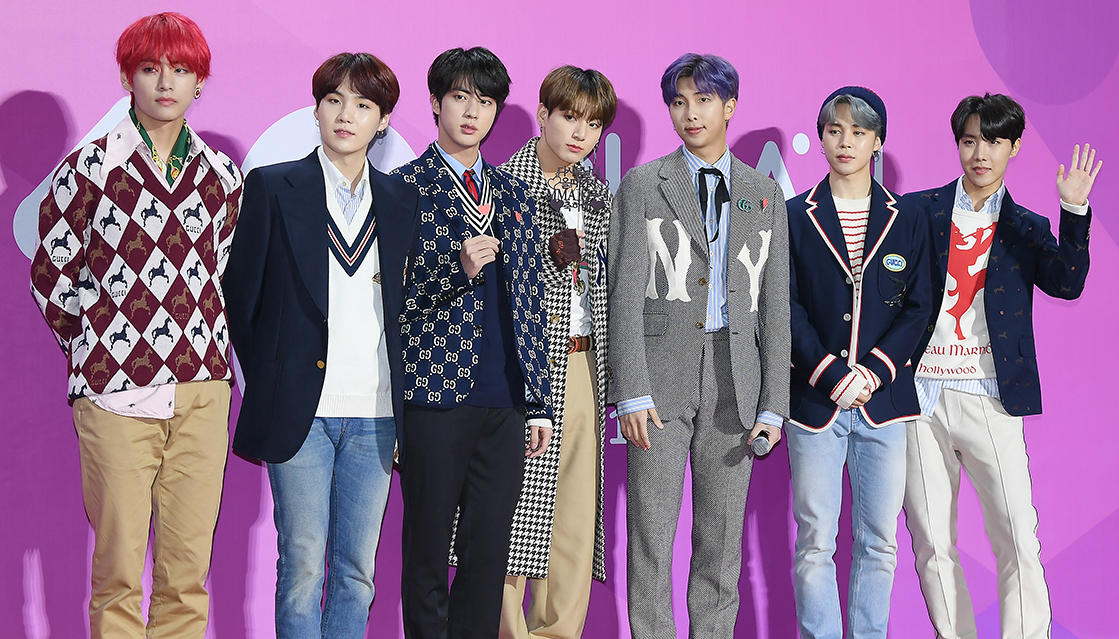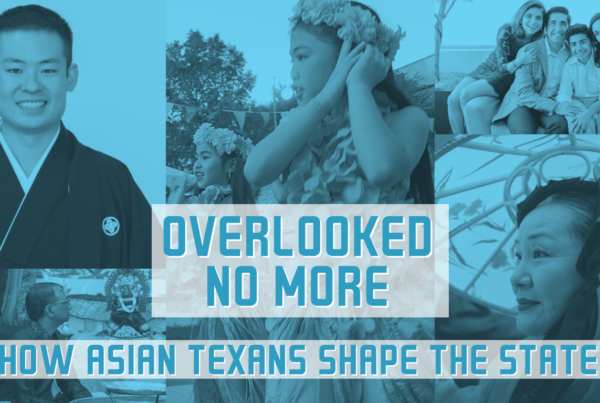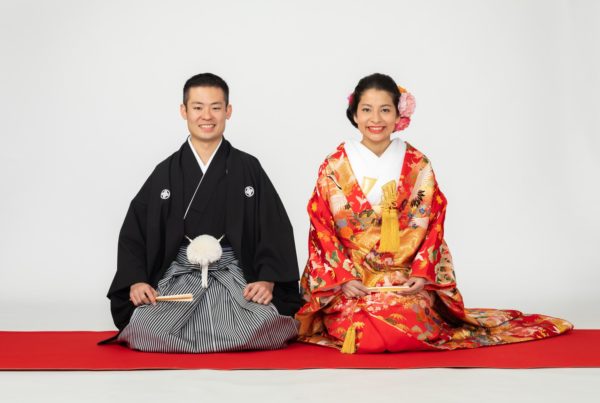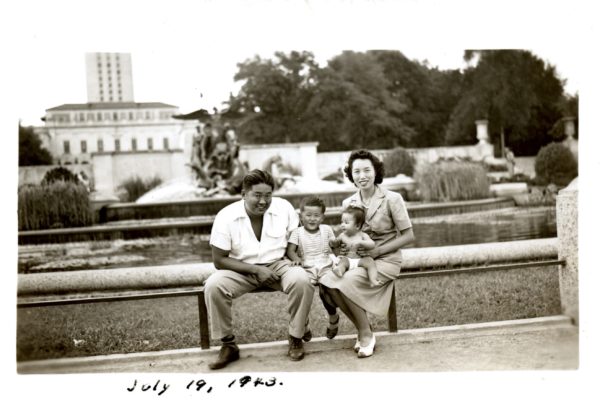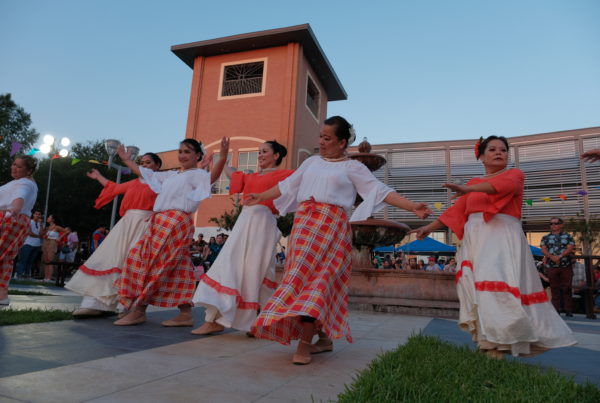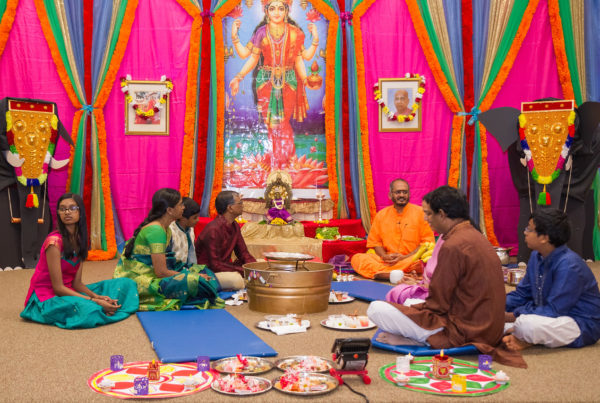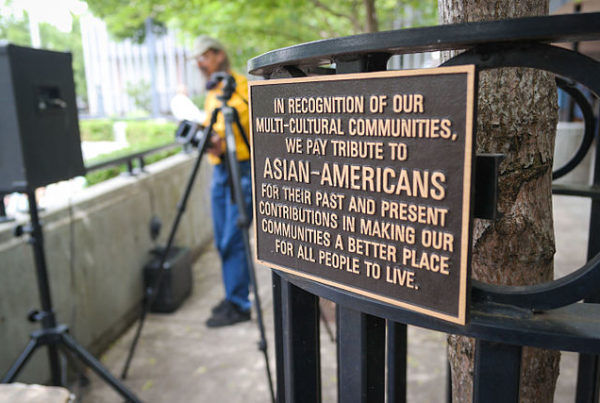Fans of K-pop music likely aren’t surprised by its success in the United States. And it became a sensation here without artists having to compromise and accommodate an English-speaking audience.
CedarBough Saeji, known on Twitter as the @TheKpopProf, told Texas Standard that K-pop artists succeeded after years of trying to break into the U.S. market with music that is “not made with the Western audience in mind.” Saeji is visiting assistant professor in East Asian languages and cultures at Indiana University – Bloomington.
The band BTS, for example, sings most of its songs in Korean. Its latest single, “Dynamite,” was its first attempt at an all-English song.
“Primarily, they have stayed with Korean as the language of their music,” Seiji said. “And they’ve actually said, We are a Korean group and so we make music in Korean, and I love that.”
It’s a type of activism among K-pop artists that isn’t overt, but more a demonstration of values. And they do that not just by singing in their native language, but also by showing, through their music, how to be a good person, Saeji said.
“Part of that has been a spirit of giving back to society. So it’s not as much political activism as it is understanding that we are all part of one community,” she said.
She said K-pop’s explosion in popularity has also meant that more young Americans are curious about Korea. She sees that, especially, as a college professor.
“It is actually prompting people to go beyond this somewhat parochial interest in just American culture,” Saeji said. “When I was in high school, if you were going to go on exchange, people wanted to go to France or Italy or some country like that. Right now, there are American students who are going on high school exchange to Korea, and to me, that’s just amazing.”
Listen to the story in the audio player above to hear these K-pop songs:
Jjang You, “Cho-wol”
Mamamoo, “Hip”
BTS, “Dynamite”
SSAK3, “Beach Again”
MC Mong, “Fame“


